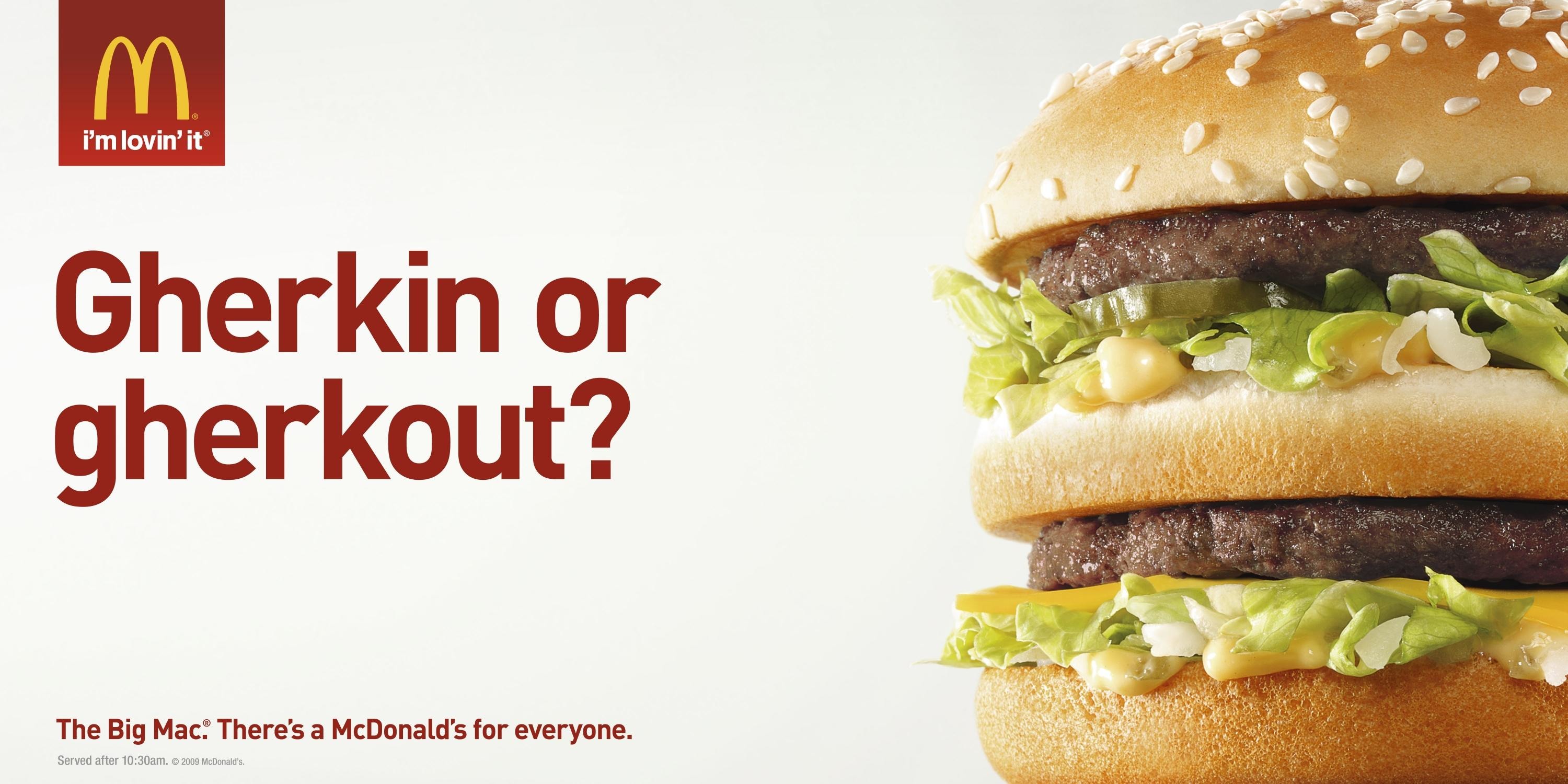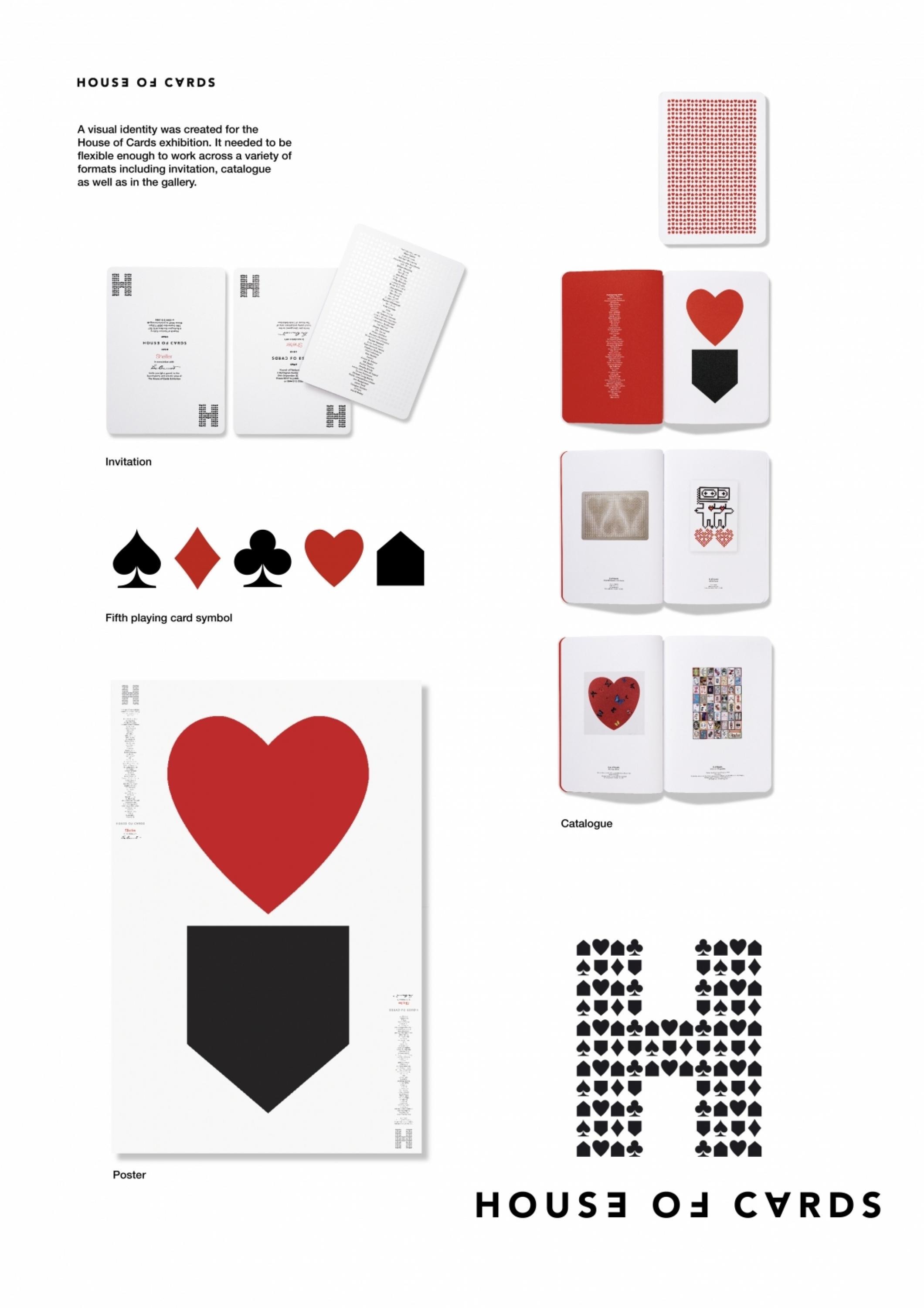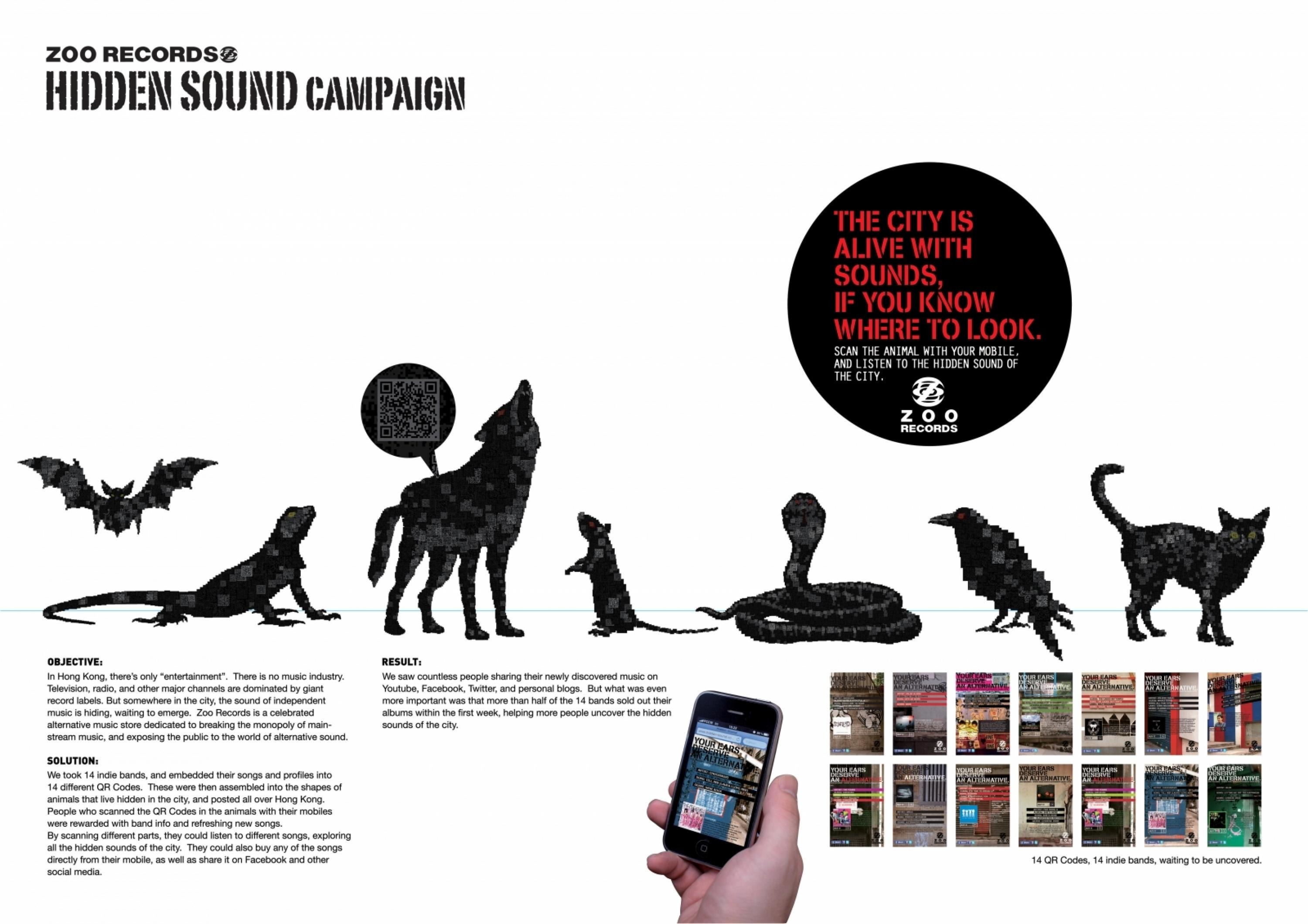PR > Culture & Context
MCDONALD'S YES KIDS ZONE
LEO BURNETT, Seoul / MCDONALD'S / 2024
Awards:

Overview
Credits
Overview
Why is this work relevant for PR?
By launching the campaign, McDonald's positioned itself as a leader in advocating for inclusivity and the well-being of children, by addressing a societal issue regarding the rise of "No Kids Zones” in restaurants. Through an anthemic film and prominent signages, the campaign designated all McDonald's restaurants nationwide as kid-friendly spaces. McDonald's successfully sparks positive conversations around the importance of welcoming children. The impact extends beyond McDonald's, influencing city-wide initiatives and a legislative action to create more kid-friendly environments nationwide. Overall, the campaign showcased McDonald's commitment to social responsibility and fostered positive perceptions of the brand as an inclusive and family-friendly
Background
In South Korea, which has the world's lowest birth rate, interactions with children have decreased, contributing to the perception of children as nuisances. This has led to a nationwide phenomenon of “No Kids Zones,” with many restaurants and cafes banning children’s entry. As of 2021, more than 400 restaurants in Korea had voluntarily designated themselves as No Kids Zones, and an escalating number of online reviews expressed support for such child-free environments. Surveys revealed that over 71% of Korean adults either support or agree with the No Kids Zone policy. This trend has resulted in a decrease in family-friendly dining options, posing a growing challenge for families with children who wish to dine out. McDonald’s has always been an inclusive brand that cares about families and kids. So, McDonald’s aimed to launch a campaign to lead a broader societal transformation in the perception of children.
Please provide any cultural context that would help the jury understand any cultural, national or regional nuances applicable to this work e.g. local legislation, cultural norms, a national holiday or religious festival that may have a particular meaning.
In South Korea, young generations are choosing not to have children. This has resulted in South Korea facing a serious issue of declining birth rates and significant changes in family structure. As of 2022, the country's fertility rate has dropped to a record low of 0.78, the lowest both in Korean history and among OECD member countries. As a result, opportunities for people to interact with and experience children have decreased, and children started to be viewed as nuisances. The phenomenon of "No Kids Zones" has been rapidly growing in South Korea, with restaurants and cafes increasingly restricting children from entering.
Describe the creative idea
According to the user-created No Kids Zone map on Google, there were over 400 No Kids Zones in South Korea as of 2021. To counter the rise of 400+ No Kids Zones, we explicitly designated all 427 McDonald's restaurants nationwide as "Yes Kids Zones," where kids are always welcomed. By stating that every McDonald’s is a Yes Kids Zone and attaching symbolic Yes Kids Zone signage at the forefront of the stores, we officially declared McDonald’s as a Yes Kids Zone.
Describe the PR strategy
We wanted to say McDonald’s is a place for everyone, including families and kids to have “feel-good moments”. McDonald’s set out to target the entire nation, emphasizing itself as a place where kids can be as they were. To launch the campaign, we created a TV film to the importance and beauty of moments with kids. Our message was spread online through YouTube and Instagram content, and reinforced through articles. In-store, we provided Yes Kids Zone sign stickers to consumers, which served as a widespread PR medium in themself. The strategic idea behind McDonald's Yes Kids Zone campaign was not only to establish designated family-friendly areas within their restaurants, but also to catalyze broader societal transformation in the perception of children. By actively embracing the concept of 'Yes Kids Zones,' McDonald's positioned itself as a leading advocate for the well-being and inclusivity of children.
Describe the PR execution
We kicked off the campaign by launching an anthemic film to proudly say “yes” to kids and ignite the Yes Kids Zone movement. The film depicted various moments of children being welcomed in McDonald’s restaurants with the message “McDonald’s is a Yes Kids Zone, where all kids are always welcome.” Articles followed, stating that McDonald’s had declared itself a Yes Kids Zone to welcome every child amid the No Kids Zone trend. To support and welcome children, we prominently displayed Yes Kids Zone signs at every entrance of McDonald's stores nationwide and ensured their visibility on NAVER maps, Korea’s largest search engine, also making it easier for parents to locate family-friendly places online and offline. To extend the influence of the initiative beyond McDonald's, we provided special Yes Kids Zone meals with symbolic signs to celebrate the importance of children both inside and outside of the store.
List the results
Through the campaign, McDonald's has achieved the highest perception rating in the past 6 years as an enjoyable place for families and kids, reaching 56.5%. We have observed significant Brand Index points increase in the "Kids' Favorite Place" category since May 2021. Additionally, there has been a 5 Brand Index point increase in the perception that McDonald's is a socially responsible company, also reaching the highest in the past 6 years. With over 298 million people reached, the Yes Kids Zone sparked a positive debate online, generating increased positive social buzz (+69%) for the movement of Yes Kids Zone in a month. Over 50 media outlets have reported positive feedback about the Yes Kids Zone initiative.
Months after the launch of Yes Kids Zone, the Seoul city introduced the “Seoul Kids Okay Zone” project, which aligned with the message of McDonald's Yes Kids Zones. The project certifies over 350 locations in Seoul as kid-friendly, with plans to expand to over 1,000 locations by 2024. Hundreds of restaurants nationwide have joined McDonald's in creating kid-friendly environments, resulting in thousands of Yes Kids Zone-like places across the country. In September 2023, the first bill to ban No Kids Zones nationwide was introduced in the National Assembly.
Please tell us about the social behaviour that inspired the work.
It was the growing trend of "No Kids Zones" in South Korea, where many restaurants and cafes are increasingly restricting children from entering. This phenomenon reflects a societal perception of children as nuisances, contributing to a decrease in family-friendly dining options and limiting opportunities for people to interact with and experience children. In response to this trend, McDonald's launched the "Yes Kids Zone" campaign to counteract the negative perception of children and promote inclusivity by designating all its restaurants nationwide as family-friendly spaces where children are always welcomed.
More Entries from LEO BURNETT
24 items



















